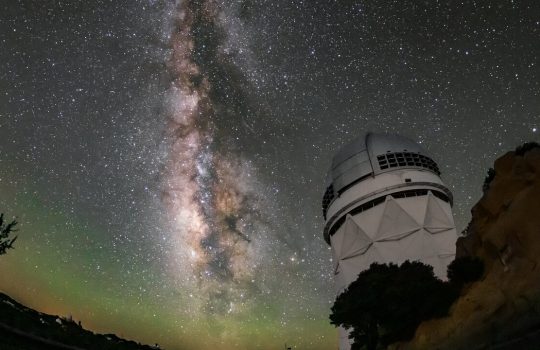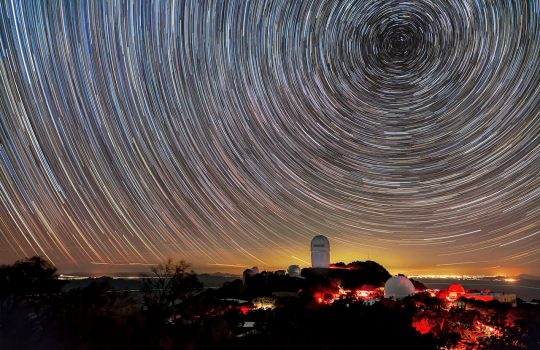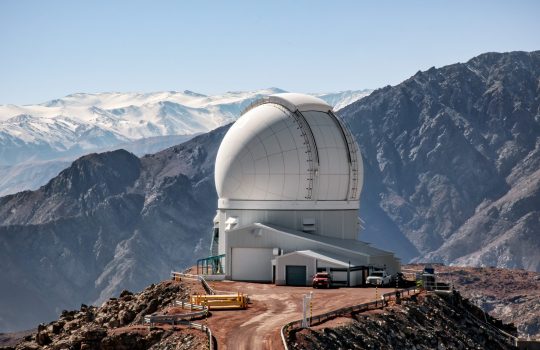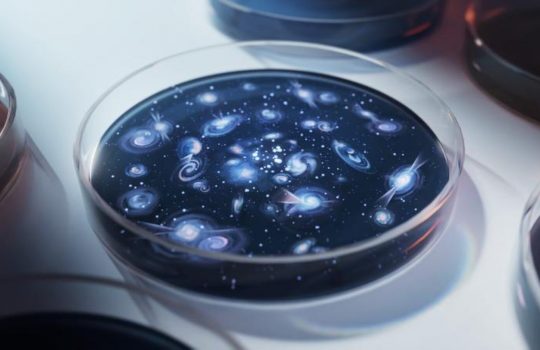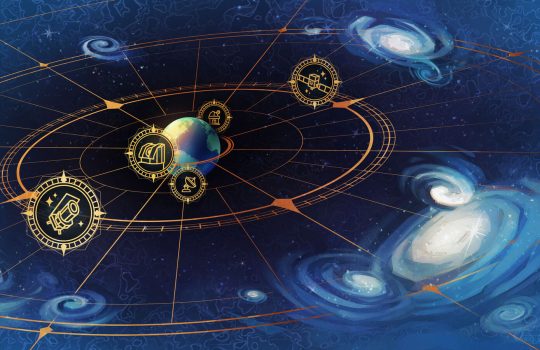DESI opens access to the largest 3D map of the universe yet
A new data release from the Dark Energy Spectroscopic Instrument is now available for researchers to explore. The collection contains information on 18.7 million galaxies, quasars, and stars — the largest dataset of its kind ever shared.

